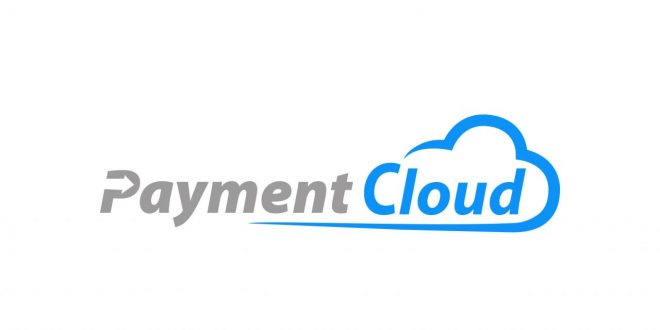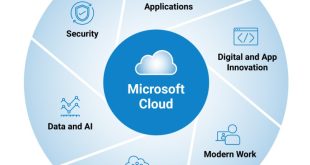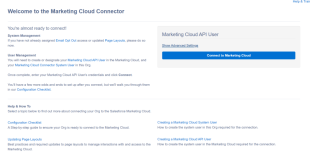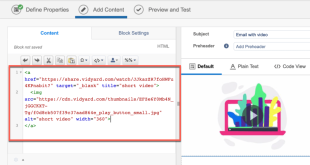At the heart of today’s digital economy, payment cloud stands as a transformative force, revolutionizing the way businesses manage their payment systems. Embracing the power of cloud technology, payment cloud offers a myriad of benefits, empowering businesses with flexibility, scalability, and cost-effectiveness.
Delve into the realm of payment cloud solutions, exploring the diverse range of options tailored to meet the unique needs of different industries and business models. Discover the intricacies of seamless integration with existing payment systems, ensuring a smooth and efficient transition.
Dive deep into the critical aspects of security and compliance, safeguarding sensitive financial data and adhering to industry regulations.
Overview of Payment Cloud
Payment cloud is a cloud-based platform that enables businesses to accept, process, and manage payments from their customers. It offers a comprehensive suite of features and services, including payment processing, fraud detection, and reporting.
Payment cloud offers several benefits over traditional payment systems, including:
- Flexibility:Payment cloud can be easily integrated with any business system, regardless of size or complexity.
- Scalability:Payment cloud can be scaled up or down to meet the changing needs of a business.
- Cost-effectiveness:Payment cloud is typically more cost-effective than traditional payment systems, as it eliminates the need for expensive hardware and software.
Role in Modern Payment Systems
Payment cloud plays a vital role in modern payment systems by providing a secure and efficient way to process payments. It enables businesses to accept payments from anywhere in the world, and it provides customers with a convenient and easy-to-use payment experience.
Benefits
The benefits of using payment cloud include:
- Increased security:Payment cloud providers use the latest security technologies to protect customer data.
- Reduced fraud:Payment cloud providers use advanced fraud detection tools to identify and prevent fraudulent transactions.
- Improved customer experience:Payment cloud provides customers with a convenient and easy-to-use payment experience.
- Increased efficiency:Payment cloud automates the payment process, which can save businesses time and money.
Types of Payment Cloud Solutions
Payment cloud solutions offer a wide range of options to businesses of all sizes and industries. These solutions can be categorized into several types, each with its own unique features and target audience.
Hosted Payment Gateways
Hosted payment gateways are cloud-based solutions that handle the entire payment process on behalf of the merchant. This includes collecting customer payment information, processing the transaction, and sending the funds to the merchant’s account. Hosted payment gateways are ideal for businesses that do not want to manage the complexities of payment processing themselves.
Self-Hosted Payment Gateways
Self-hosted payment gateways are cloud-based solutions that allow businesses to manage the payment process themselves. This gives businesses more control over the payment process, but also requires more technical expertise. Self-hosted payment gateways are ideal for businesses that have the resources to manage the payment process themselves.
Payment Aggregators
Payment aggregators are cloud-based solutions that allow businesses to accept payments from multiple payment gateways. This can simplify the payment process for businesses that accept payments from multiple sources. Payment aggregators are ideal for businesses that want to offer their customers a variety of payment options.
Mobile Payment Solutions
Mobile payment solutions are cloud-based solutions that allow businesses to accept payments from mobile devices. This can be done through mobile apps, mobile websites, or NFC technology. Mobile payment solutions are ideal for businesses that want to reach customers on the go.
Cross-Border Payment Solutions
Cross-border payment solutions are cloud-based solutions that allow businesses to accept payments from customers in other countries. This can be done through a variety of methods, including international wire transfers, ACH payments, and credit card processing. Cross-border payment solutions are ideal for businesses that sell products or services to customers in multiple countries.
Integration with Existing Systems
Seamless integration with existing payment systems is crucial for the successful implementation of payment cloud solutions. It ensures a smooth and efficient transition, avoiding disruptions to ongoing operations.
To achieve seamless integration, businesses should consider the following steps:
ERP Integration, Payment cloud
- Map payment data fields between the payment cloud solution and the ERP system.
- Establish secure data transfer protocols to ensure data integrity and compliance.
- Configure workflows to automate payment processes and reduce manual intervention.
CRM Integration
- Synchronize customer data between the payment cloud solution and the CRM system.
- Enable payment processing directly from within the CRM interface, enhancing customer convenience.
- Track payment history and preferences to provide personalized customer experiences.
Other Business Applications
- Integrate with inventory management systems to update stock levels upon payment.
- Connect with shipping carriers to automate order fulfillment based on payment status.
- Interface with accounting software to streamline financial reconciliation and reporting.
Security and Compliance
Security and compliance are paramount concerns in the realm of payment cloud solutions. To ensure the integrity and trustworthiness of financial transactions, payment cloud providers must adhere to stringent industry standards and regulations.
Key industry standards include the Payment Card Industry Data Security Standard (PCI DSS) and the International Organization for Standardization (ISO) 27001. PCI DSS establishes comprehensive security requirements for organizations that handle cardholder data, while ISO 27001 provides a framework for managing information security risks.
Compliance Requirements
Payment cloud providers must also comply with regulatory requirements such as the General Data Protection Regulation (GDPR) and the California Consumer Privacy Act (CCPA). These regulations protect the privacy and security of personal data, including financial information.
Failure to comply with security and compliance standards can result in severe consequences, including fines, reputational damage, and loss of customer trust.
Security Measures
Payment cloud providers implement a range of security measures to protect sensitive data, including:
- Encryption of data at rest and in transit
- Multi-factor authentication
- Access control and role-based permissions
- Regular security audits and penetration testing
Emerging Trends and Innovations
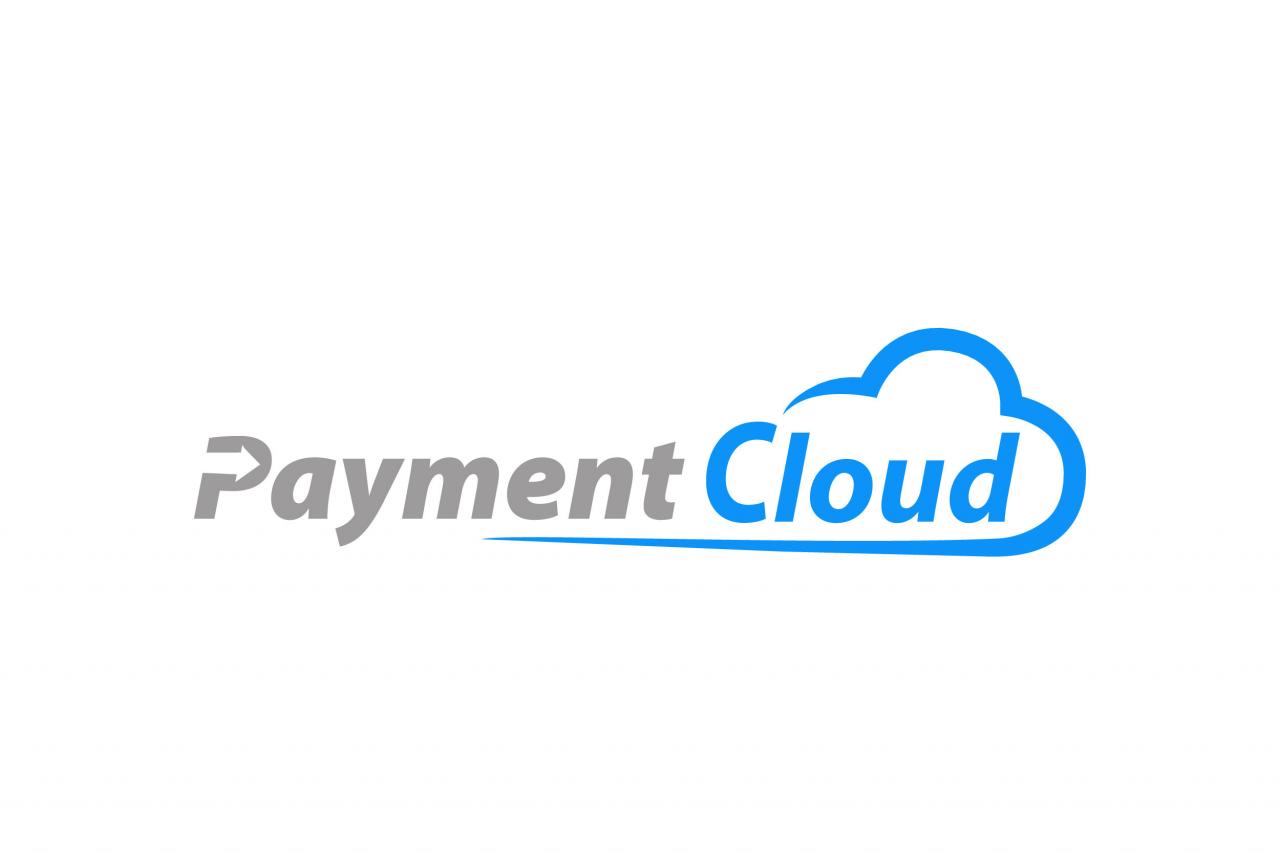
The payment cloud industry is constantly evolving, with new trends and innovations emerging all the time. These advancements are shaping the future of payment processing, making it more efficient, secure, and convenient than ever before.
One of the most significant trends is the rise of mobile payments. With the increasing popularity of smartphones and tablets, consumers are increasingly using their devices to make purchases. This has led to the development of new mobile payment technologies, such as Apple Pay and Google Pay, which make it easy and convenient to pay for goods and services without having to carry cash or a credit card.
Another major trend is the growth of e-commerce. As more and more businesses move their operations online, the need for secure and efficient payment processing solutions is growing. Payment cloud providers are responding to this demand by offering a variety of e-commerce payment solutions, such as payment gateways and merchant accounts, which make it easy for businesses to accept payments online.
Finally, the payment cloud industry is also seeing a growing emphasis on security. With the increasing threat of cybercrime, businesses are looking for payment solutions that can help them protect their data and their customers’ information. Payment cloud providers are responding to this demand by offering a variety of security features, such as encryption, tokenization, and fraud detection, which help businesses keep their data safe.
Artificial Intelligence (AI) and Machine Learning (ML)
AI and ML are transforming the payment cloud industry by automating tasks, improving security, and personalizing the customer experience. For example, AI can be used to detect and prevent fraud, analyze spending patterns, and offer personalized recommendations to customers.
Blockchain Technology
Blockchain is a distributed ledger technology that has the potential to revolutionize the payment cloud industry. Blockchain can be used to create secure, transparent, and efficient payment systems that can reduce costs and improve security.
Closing Notes
As the payment cloud landscape continues to evolve, emerging trends and innovations are shaping the future of payment processing. Stay abreast of these advancements to leverage the latest technologies and optimize your payment operations. Embrace the power of payment cloud, unlocking a world of possibilities for your business.
 Bussines News Daily
Bussines News Daily
